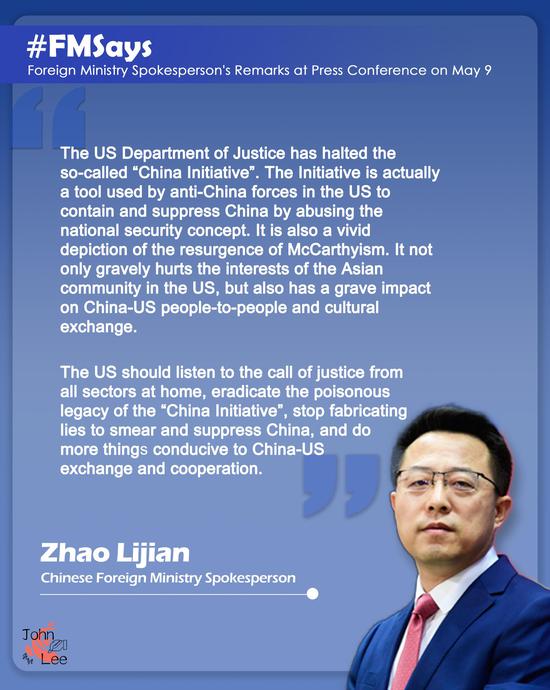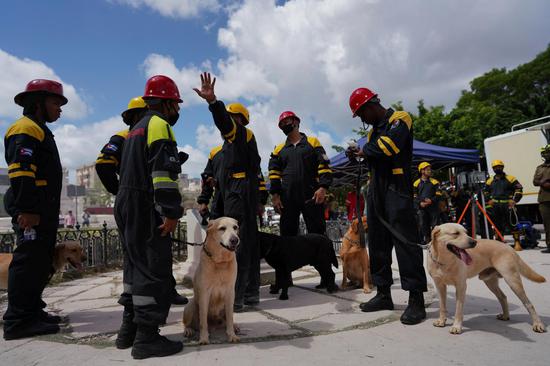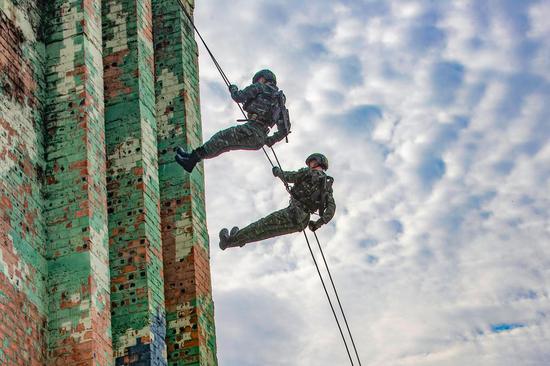The United States will have to limit the next generation of COVID-19 vaccines this fall to individuals at the highest risk of getting seriously sick from the virus if Congress fails to approve funding to purchase the new shots, reported CNBC on Monday.
The national broadcaster cited an official source as warning that the country faces a substantial surge of COVID-19 infections this fall as immunity from the current vaccines wanes and the Omicron variant mutates into more transmissible subvariants, and more money is needed for next-generation vaccines.
Pfizer and Moderna are developing redesigned vaccines that target the Omicron variant's mutations to boost protection against infection. As the virus has evolved over the past two years, the current shots have become less effective at preventing mild illness, though they generally still protect against severe disease.
The Food and Drug Administration is expected to make a decision by early summer at the latest on whether the country should switch to the redesigned shots for a fall vaccination campaign, with its advisory committee set to hold a meeting on June 28 to discuss the issue, according to the report.
"However, the United States currently does not have enough money to purchase the new shots for everybody" in the country ahead of the fall, and the U.S. Senate has failed so far to pass 10 billion U.S. dollars in additional COVID-19 funding for vaccines, therapeutics and testing, it added.


















































 京公网安备 11010202009201号
京公网安备 11010202009201号